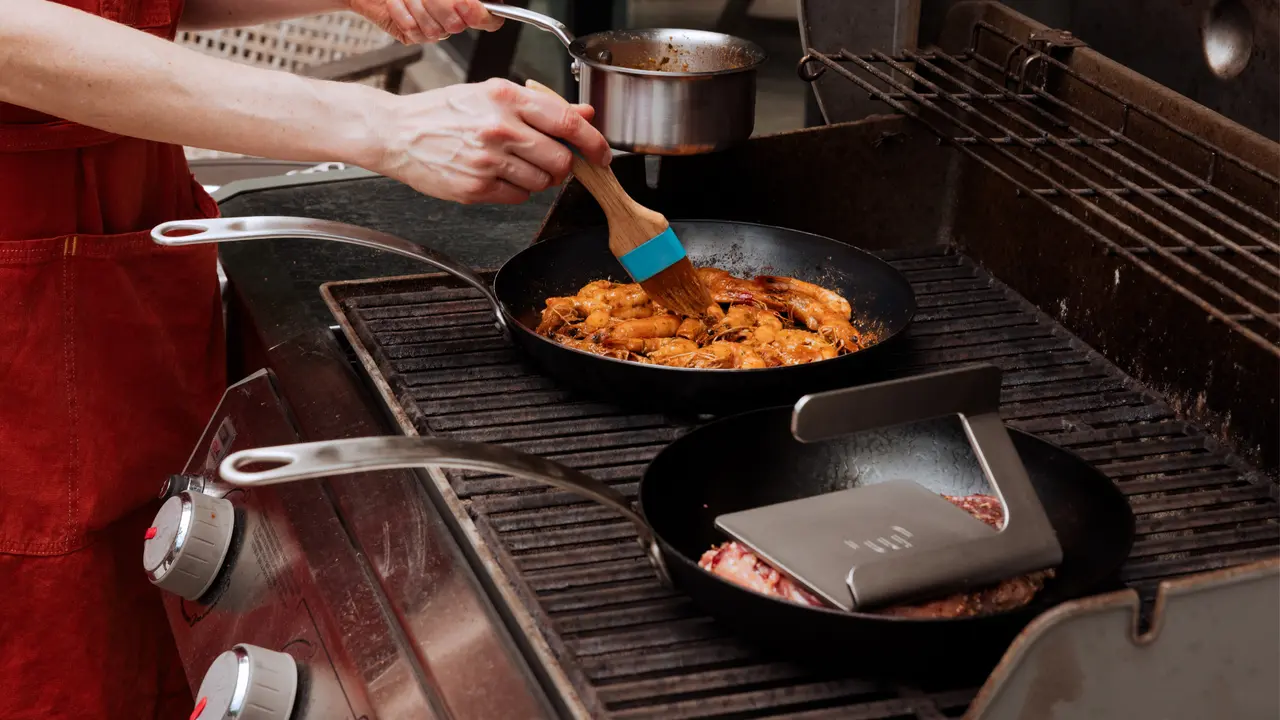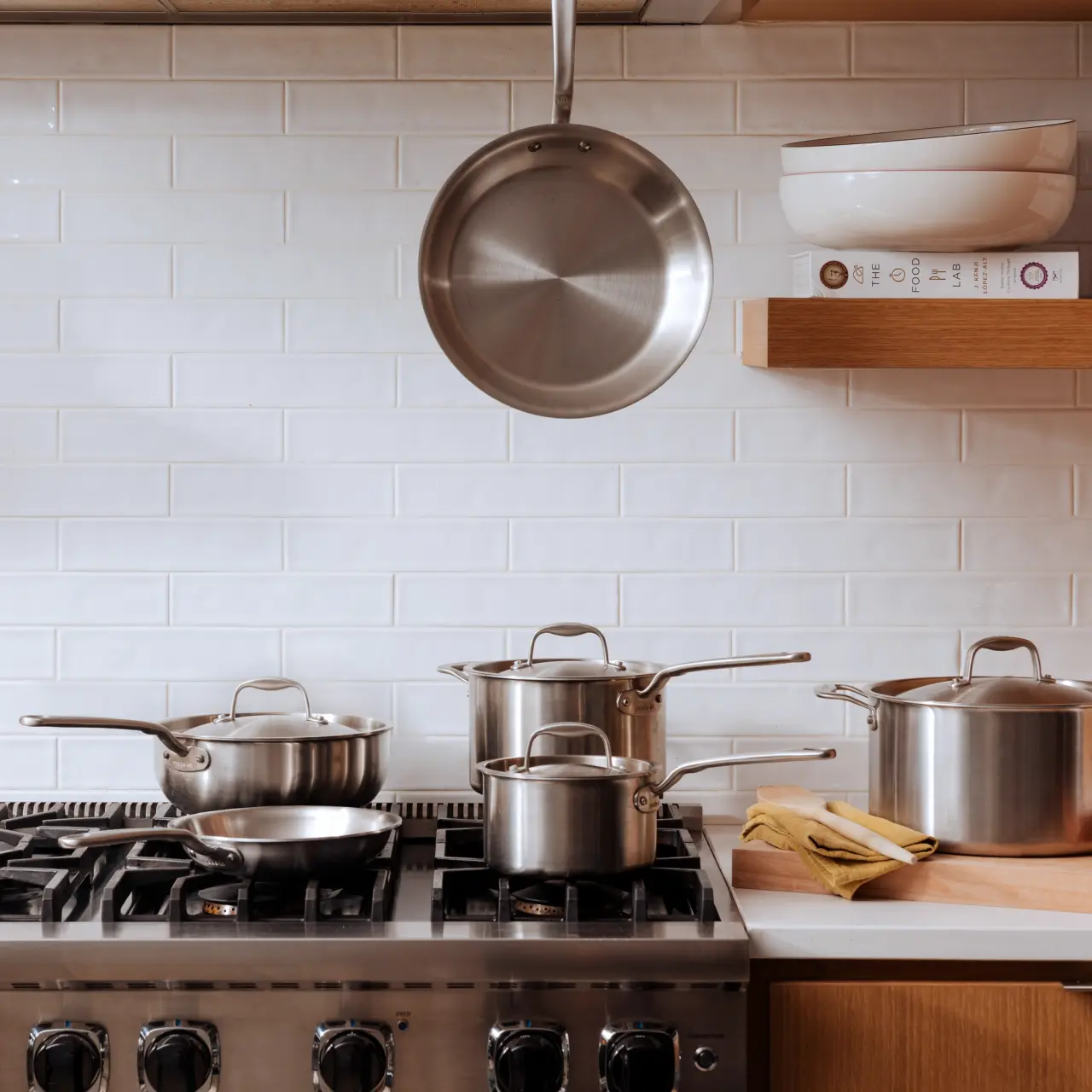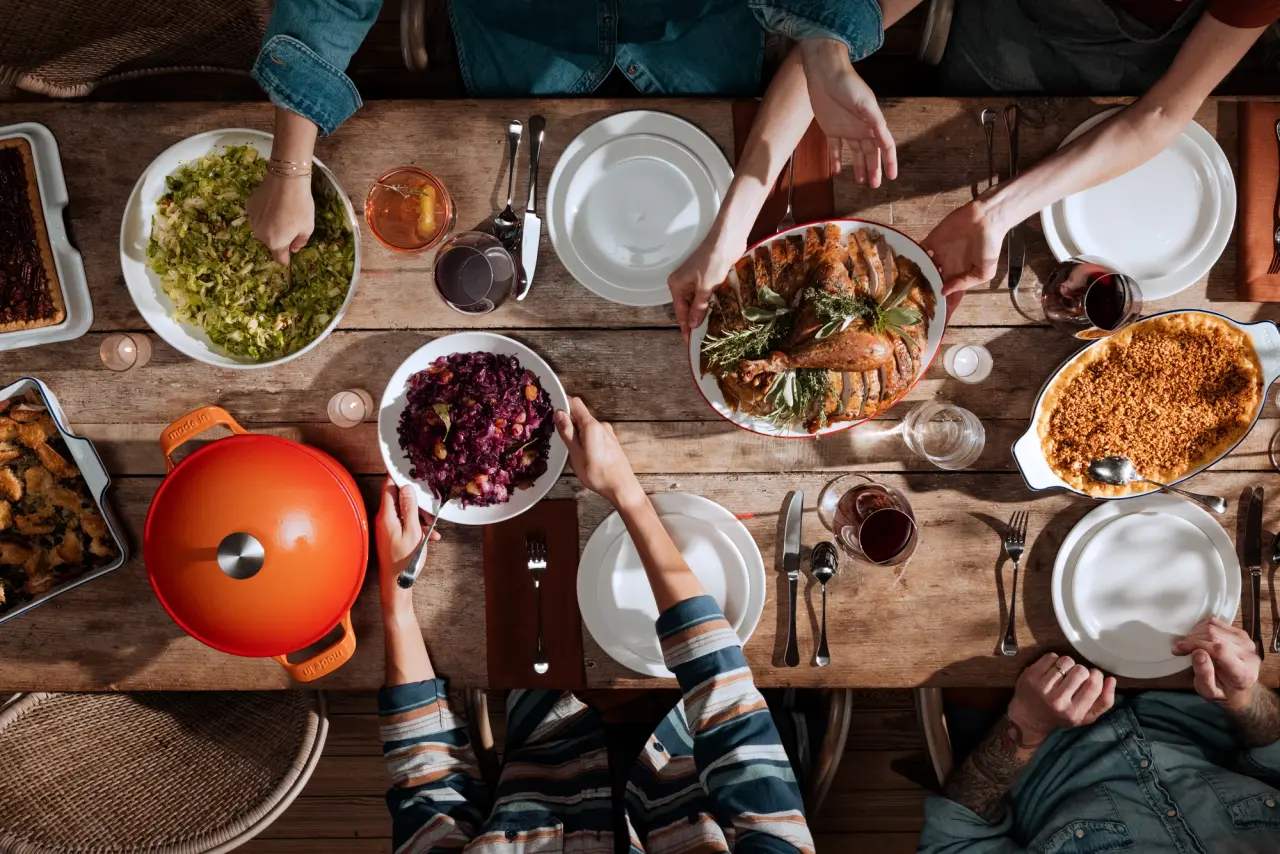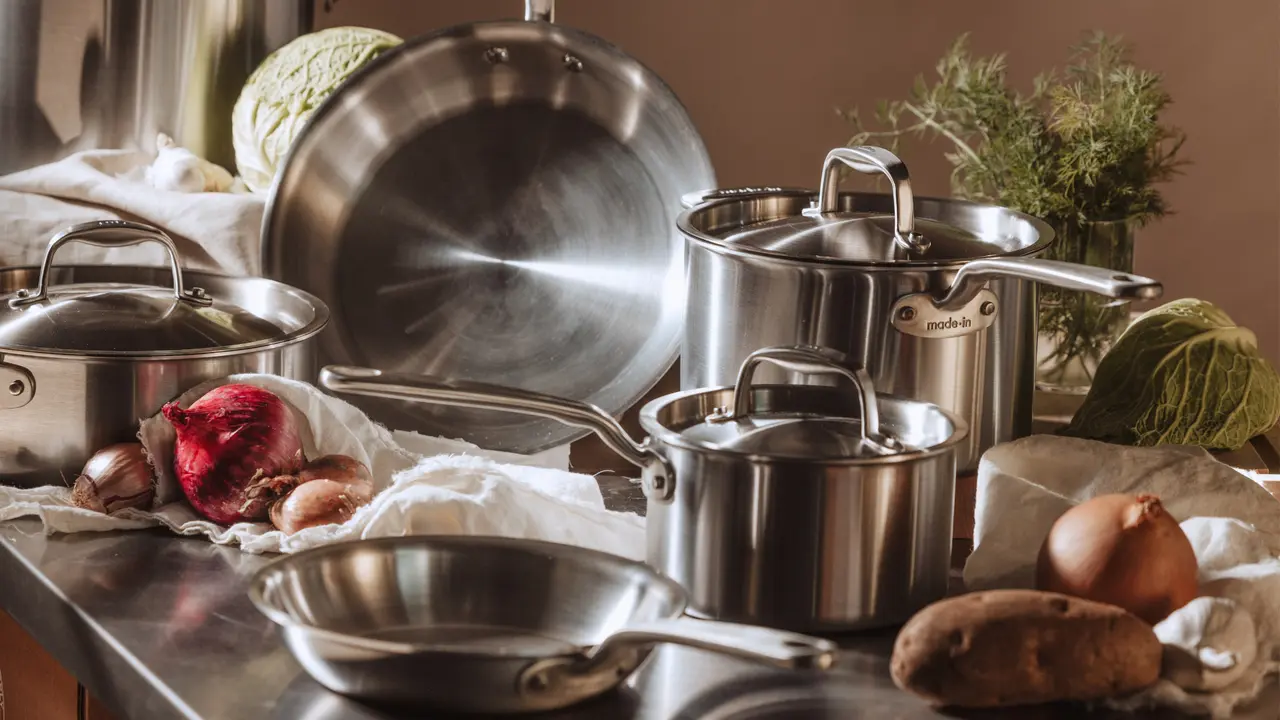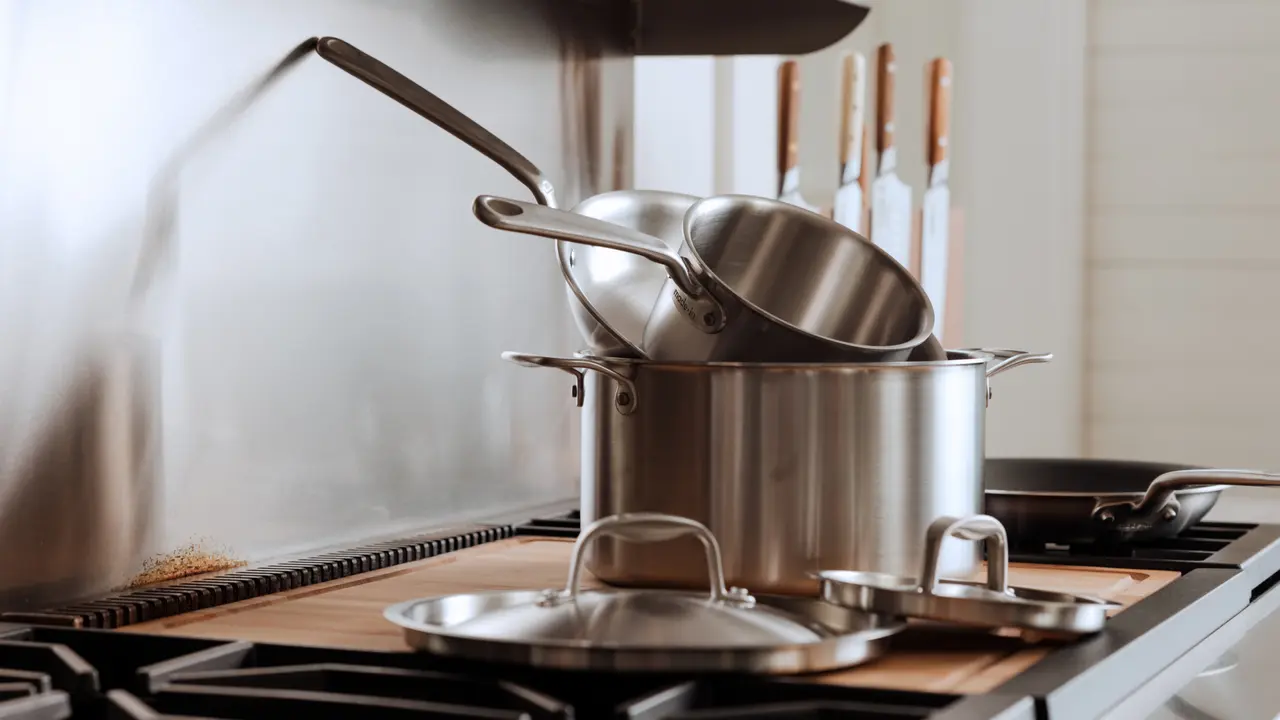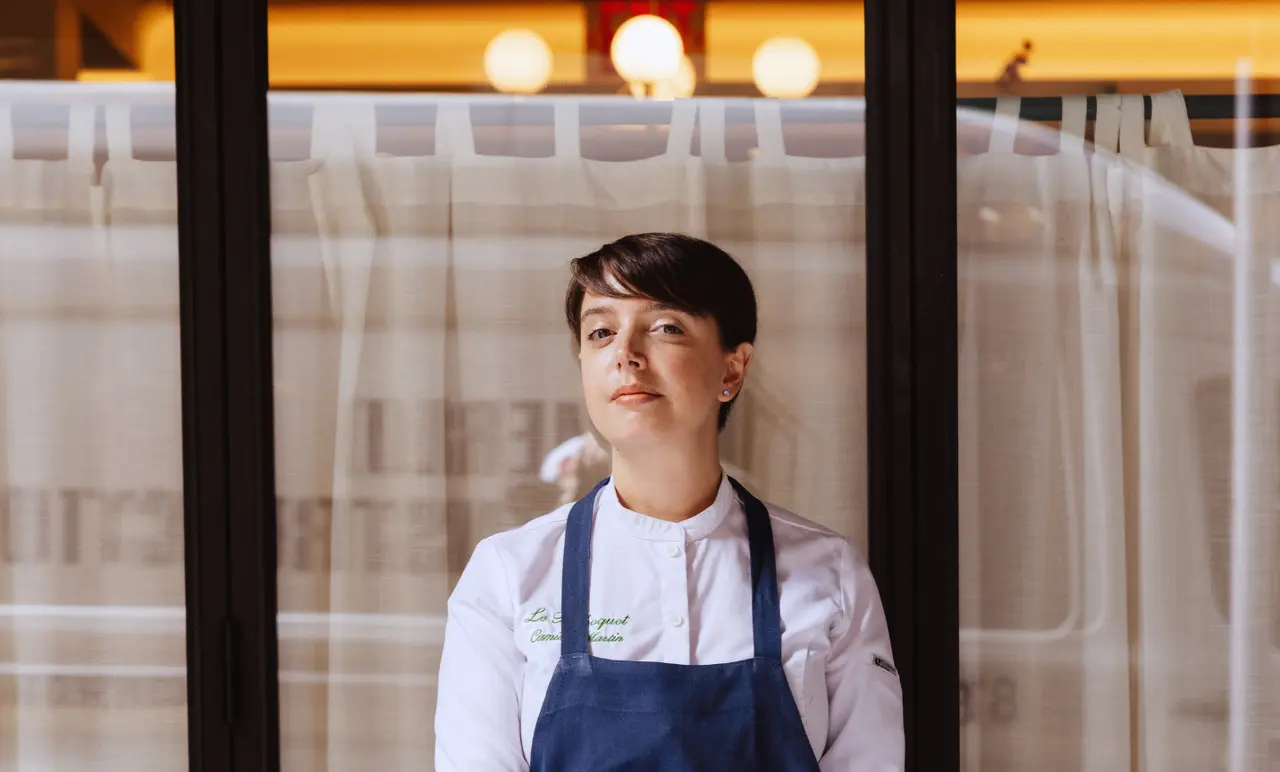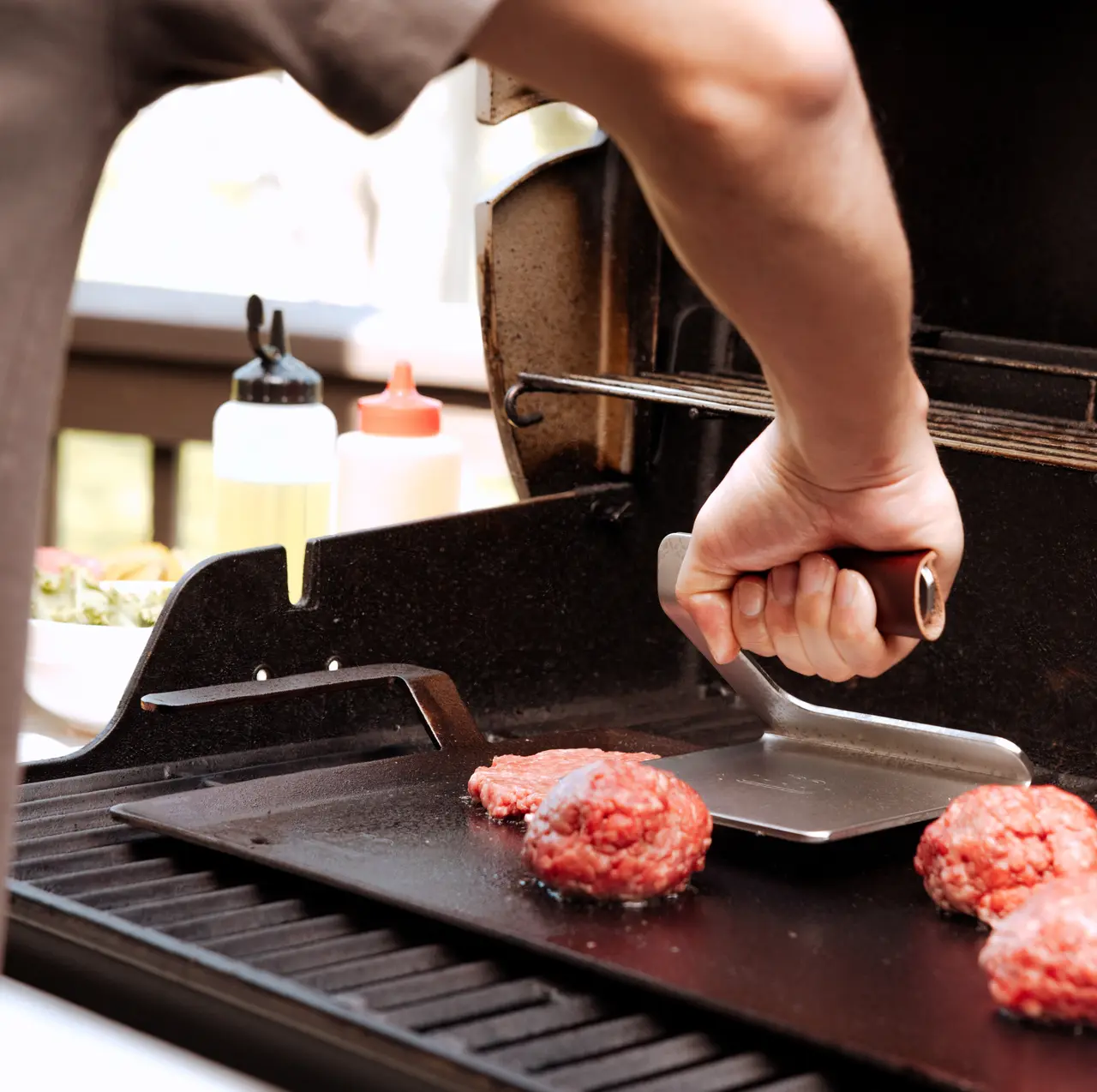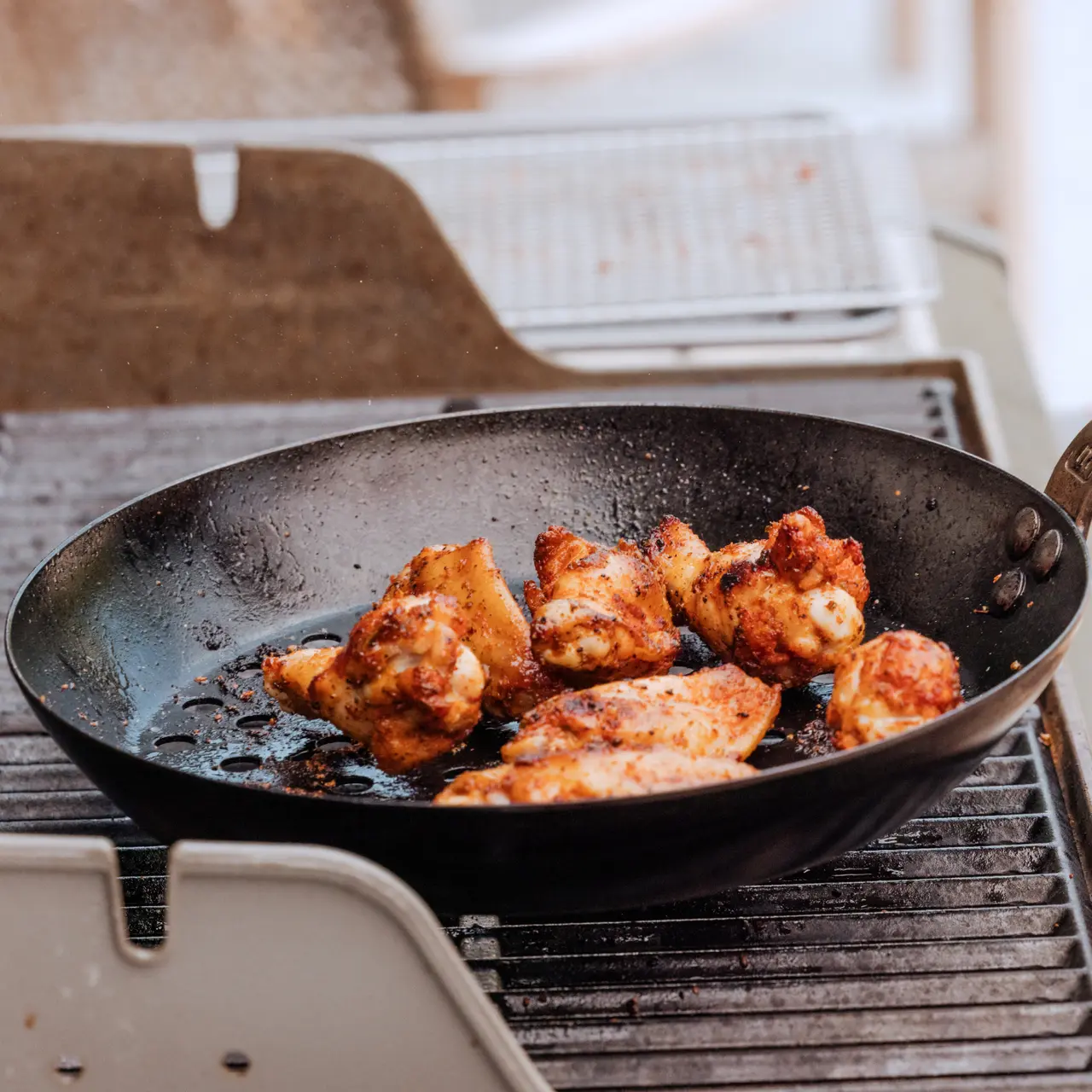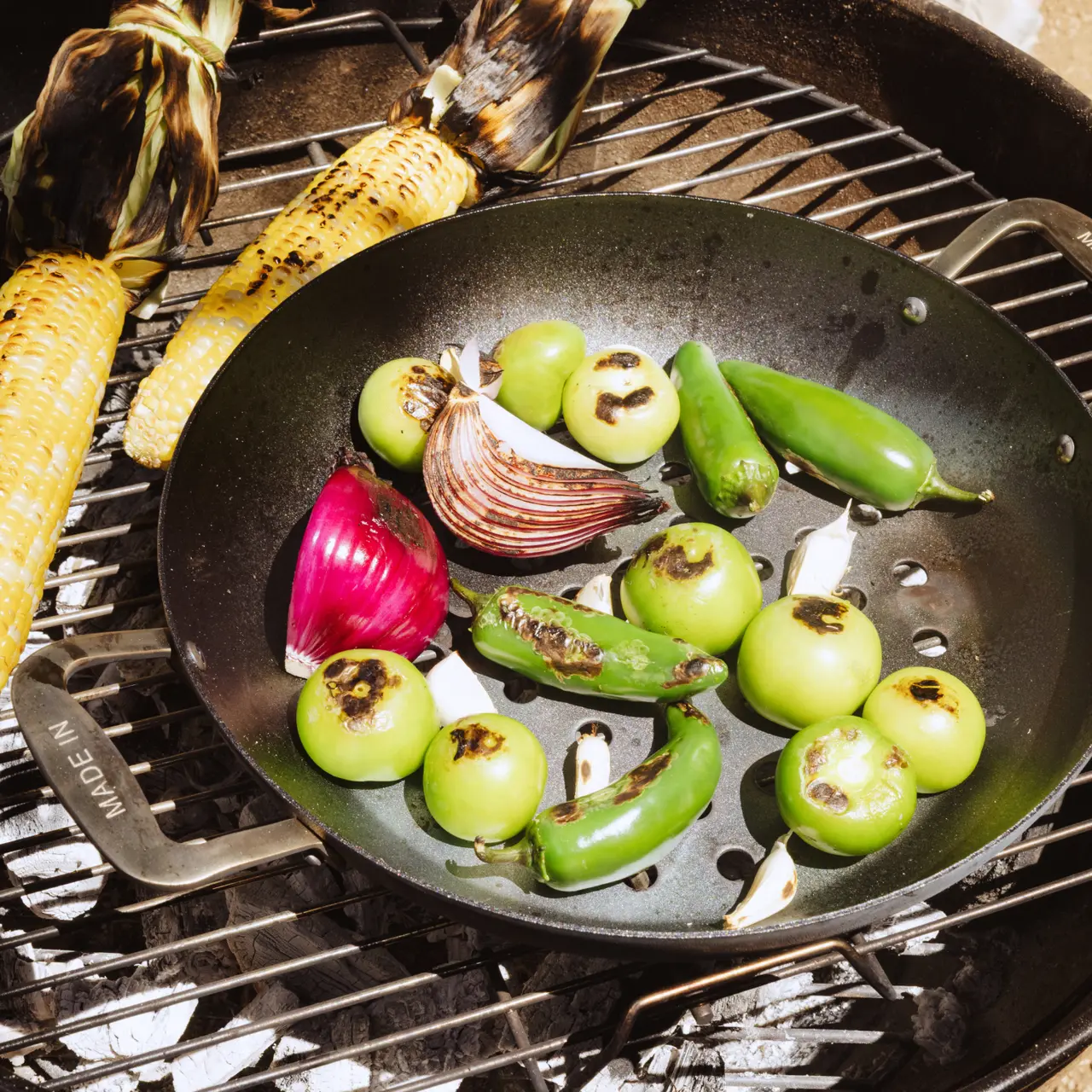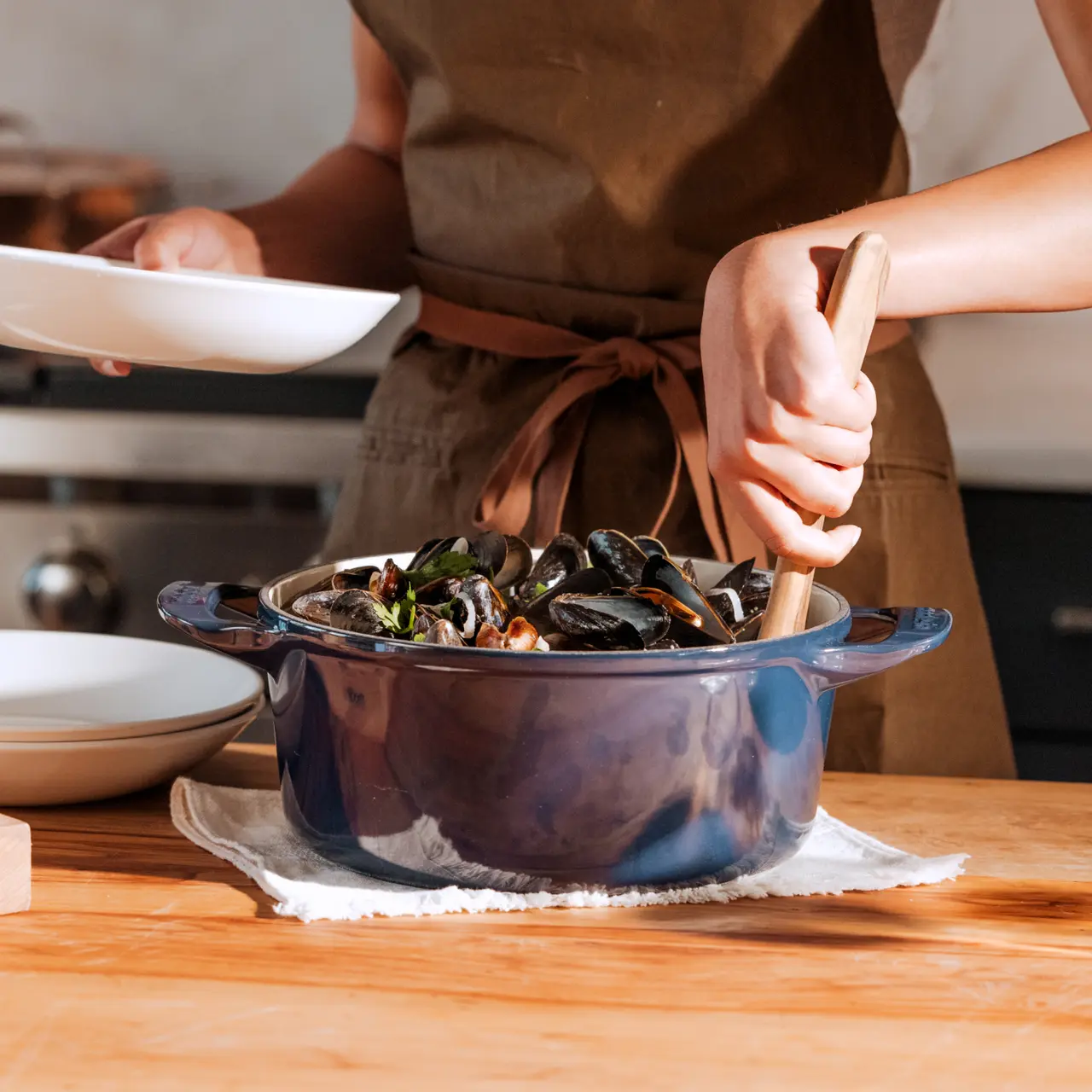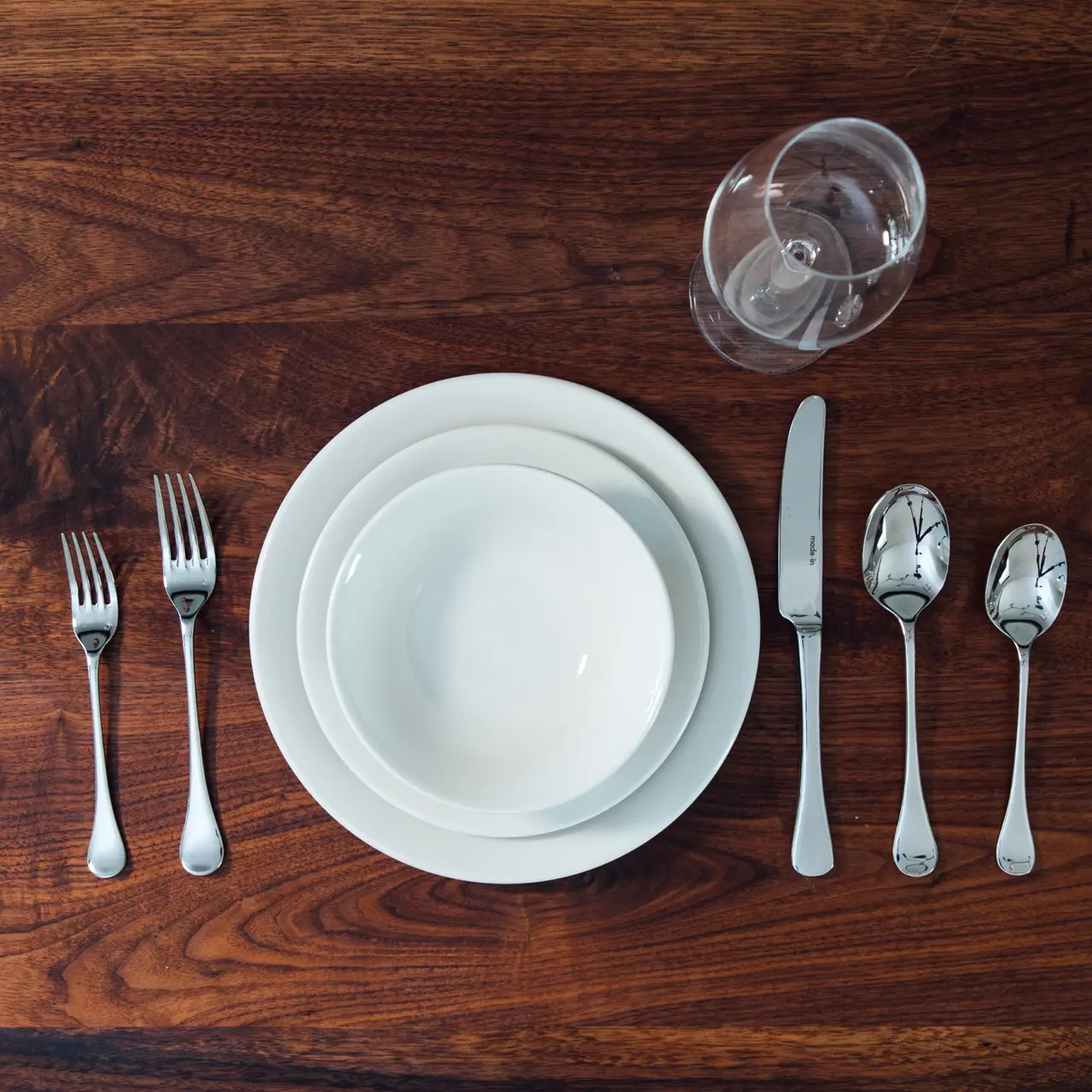It has been quite a two-year period for the humble bean. If you haven’t been paying attention, in 2020, beans were seemingly everywhere—they were a craze during the pandemic—with shelves in grocery stores frequently being out of stock, they were on menus in the best restaurants across the country, and they were filling up cupboards across the United States. Beans became cool.
Steve Sando, the founder of Rancho Gordo, an heirloom bean company based out of Napa, CA, was the man caught right in the middle of all of it.
“People ask me all the time about the journey of Rancho Gordo, and I don’t have an answer for them,” he said. “I haven’t really had a second to sit and think about it.”
For the first 8-or-so years, Sando’s bean business was largely stable—a “best kept secret.” It continued on that way, in large part, for 10 more years, except that the culinary cognoscenti were beginning to catch on.
“It was one of those things that if you knew about it, you knew about it,” Sando said. “And you didn’t really try to tell other people about it either—you were protective.”
But soon enough, things started to explode. Thomas Keller started serving Rancho Gordo’s Vallarta beans, an almost extinct variety before Sando got involved, at The French Laundry, and soon after, every restaurant in Napa Valley had beans on the menu. It didn’t take long for Sando to be written up in The New York Times, The New Yorker, and more, and for throngs of bean-curious folks to start placing orders again and again. Sando launched a Bean Club—a bean subscription service—“mostly as a joke,” according to Sando, who thought it would be funny as a counterpoint to all of the wine clubs in Napa.
Currently, that silly little Bean Club boasts 11,000 members, along with a waitlist of 35,000 more. The last time they opened up membership, it sold out almost immediately.
Sando’s love of beans began in early childhood. Growing up in California, his family would frequently eat tostadas and the beans were far in a way, his favorite part. As an adult, Sando began to garden, and found that beans were an excellent crop for a beginner—“they just wanted to grow,”—and equally as excellent for a beginning cook—“it always amazed me how this little rock transformed itself into a miracle ingredient.”
The problem, Sando noticed, was that beans were disappearing from America’s cultural and culinary identity. “Beans were really a food that poorer people ate, or ethnic peoples, or maybe you’d make beans once as a chili for the Super Bowl.” Sando began to notice that while individual gardeners still maintained certain nearly extinct varietals, there was no place you could really go out and buy these delicious legumes as a consumer.
This was the founding idea behind Rancho Gordo. “I mean if you think about it, growing and selling beans is maybe the worst business idea of all time,” Sando laughed. “But my idea was more than that: I wanted them to become a staple of the American diet. They can be had with steak, with fish, or alone if you’re vegetarian. I really wanted to showcase how versatile and delicious beans are.”
While Sando quickly garnered media attention, he said “it was really easy for people to ignore us.” He laughed, “the average person sees a story about beans and they skip right over it—but when you take a second and look, it’s easy to get excited.”
This excitement was most prominent during the pandemic.
“In 2020, we literally doubled our sales,” Sando said. “We’ve always been everyone’s little secret and so it was really hard for people when we couldn’t ship. There was one point when we were 6-weeks behind on fulfilling orders and people were getting pissed at us.”
To celebrate the success of Rancho Gordo, Sando was hoping to take a victory lap this fall. “This Spring, when people were starting to get vaccinated, we were like, OK, our 20th anniversary is coming up, it’ll be nice to have a party in October.” He added, “I remember sitting in Mexico and thinking about how the worst time of our lives was over. But of course, it’s still going on. With the Delta variant, we’ve had to cancel the party.”
So instead of celebrating, it’s more work for Sando.
“We just started a 20-acre test farm with the idea of trying to attract younger farmers because, well, surprisingly most farmers aren’t millennials,” Sando said. “It’s funny, we would be so much better off if we’d just stop introducing new beans and focus on what we have, but I just get so excited about new varieties, I can’t do it.”
“For example, the other day, I was like, who needs another black bean, but then we grew one and I said, ‘boy are those pretty,’ and I cooked them and they were delicious and I said, ‘OK, people have to know about these.’”

